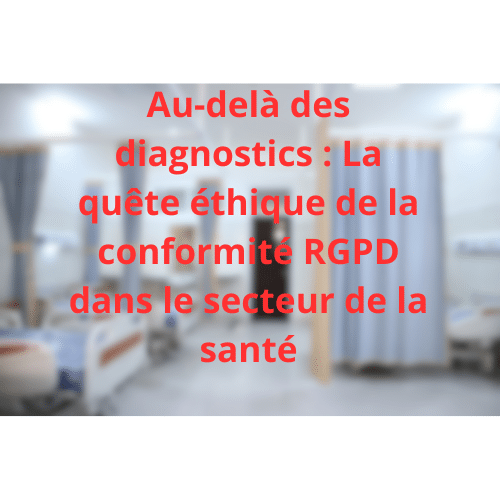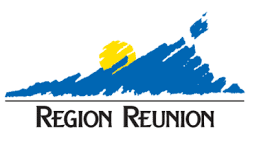Beyond diagnostics: The ethical quest for RGPD compliance in the healthcare sector
The healthcare sector is evolving rapidly thanks to technological advances, offering new possibilities for patient care and well-being. However, this raises crucial ethical questions concerning the protection of health data and patient confidentiality. In this ethical quest, the General Data Protection Regulation (GDPR) plays an essential role in ensuring appropriate compliance and preserving data integrity in the healthcare sector.
The importance of health data confidentiality
Health data is some of the most sensitive and personal information a person can share. The confidentiality of this data is essential to maintaining trust between patients and healthcare professionals. For example, a patient consulting a psychiatrist for mental disorders needs to be able to feel safe in the knowledge that their personal information will not be disclosed without their consent. The RGPD imposes strict obligations regarding the confidentiality of health data and aims to protect the fundamental rights of individuals.
The ethical challenges of collecting and sharing health data
In the healthcare sector, the collection and sharing of health data is essential for providing quality care and carrying out medical research. However, these practices raise major ethical challenges. For example, a pharmaceutical company collecting health data for clinical studies must ensure thatobtain informed consent from participants and guarantee that their data is used only for specific, legitimate purposes. The RGPD requires full transparency in the collection and processing of health data, prompting organizations to adopt strict policies to protect individuals' rights and privacy.
The benefits of an ethical approach to RGPD compliance
Taking an ethical approach to RGPD compliance in the healthcare sector offers a number of benefits. Firstly, it boosts patient confidence. When patients know that their healthcare data is handled securely and confidentially, they are more inclined to share information crucial to their diagnosis and treatment. For example, a clinic specializing in cancer treatment that implements strict measures to protect its patients' data will inspire confidence and encourage patients to share sensitive information that could help improve their treatment.
What's more, an ethical approach to RGPD compliance helps promote medical research. By protecting health data and guaranteeing confidentiality, researchers can conduct in-depth studies to improve treatment and care. For example, a university conducting a study on cardiovascular disease can collect health data from volunteer patients. By complying with RGPD principles, it ensures data confidentiality and enables researchers to make discoveries that could save lives.
Best practices for ethical RGPD compliance in the healthcare sector
To ensure ethical RGPD compliance in the healthcare sector, it's essential to follow certain best practices. First and foremost, informed consent must be obtained from patients before their data is collected and processed. This means clearly explaining to them the purposes of the collection, the recipients of the data and the rights they have. For example, a medical laboratory collecting tissue samples for research purposes must inform patients of the aims of the study and obtain their informed consent before proceeding.
In addition, robust security measures are essential to protect healthcare data from unauthorized access or breach. This may involve the use of encryption technologies, firewalls and advanced security protocols to prevent cyber-attacks. For example, a hospital storing electronic medical records needs to implement sophisticated security systems to protect data against intrusion attempts.
Finally, regular staff training on good data protection practices is essential to ensure ethical RGPD compliance in the healthcare sector. All healthcare professionals need to be aware of their data protection responsibilities and the steps they need to take to ensure the confidentiality of patient information. For example, a medical center can organize regular training sessions to raise staff awareness of data protection practices and the risks associated with data breaches.
In a nutshell
In the ethical quest for RGPD compliance in the healthcare sector, it's essential to preserve the confidentiality of healthcare data while providing quality care. By adhering to RGPD principles, medical organizations can ensure patient trust, promote medical research and protect individual rights and privacy. Ethical RGPD compliance is a shared responsibility that requires collaboration between healthcare professionals, patients and regulatory authorities, with the ultimate goal of improving healthcare while respecting fundamental ethical values.
To learn more about RGPD compliance in the healthcare sector and how you can implement an ethical approach to data protection, visit My Data Solutiona company specializing in RGPD compliance solutions.






